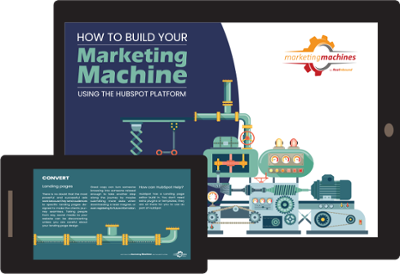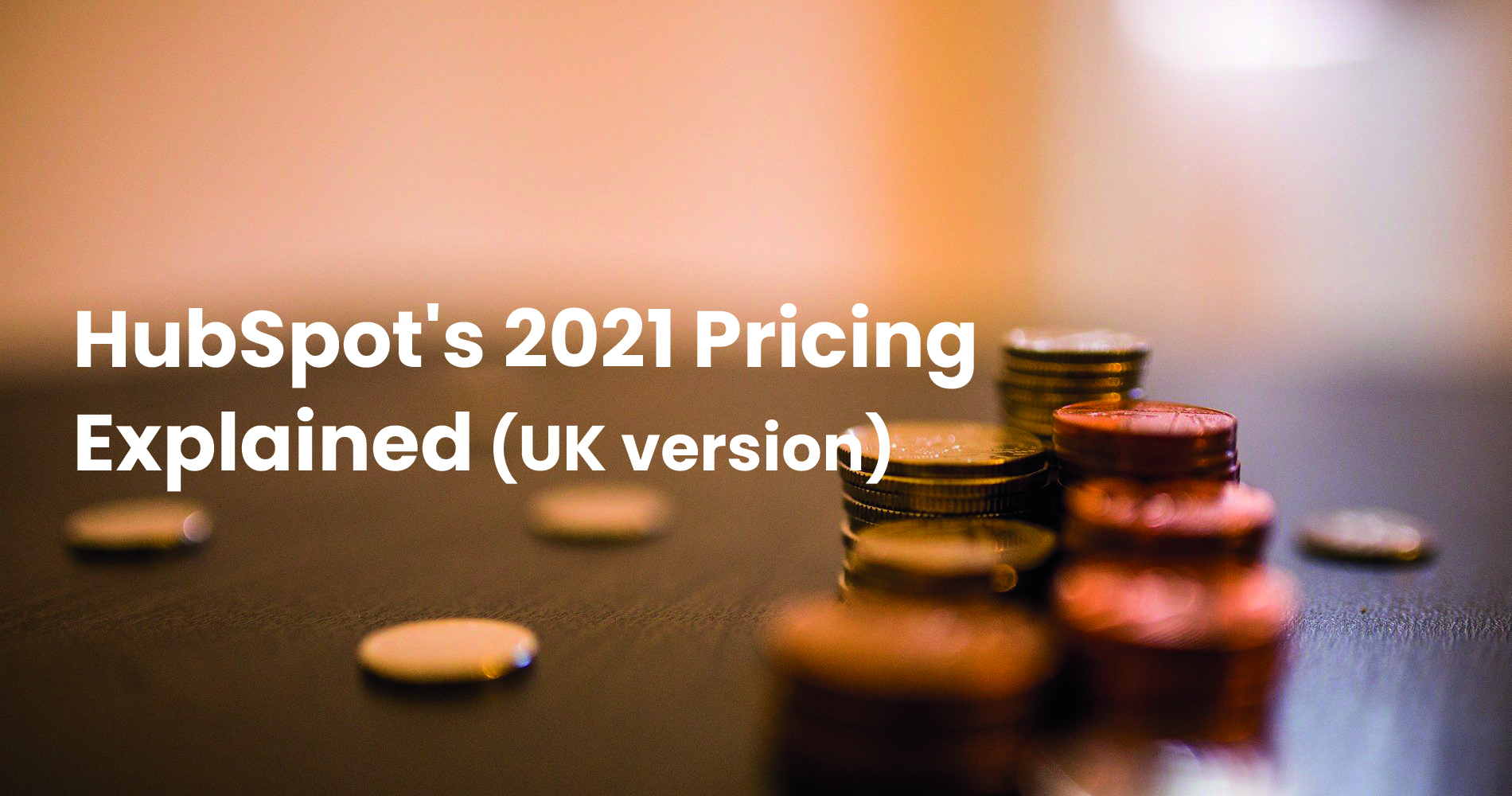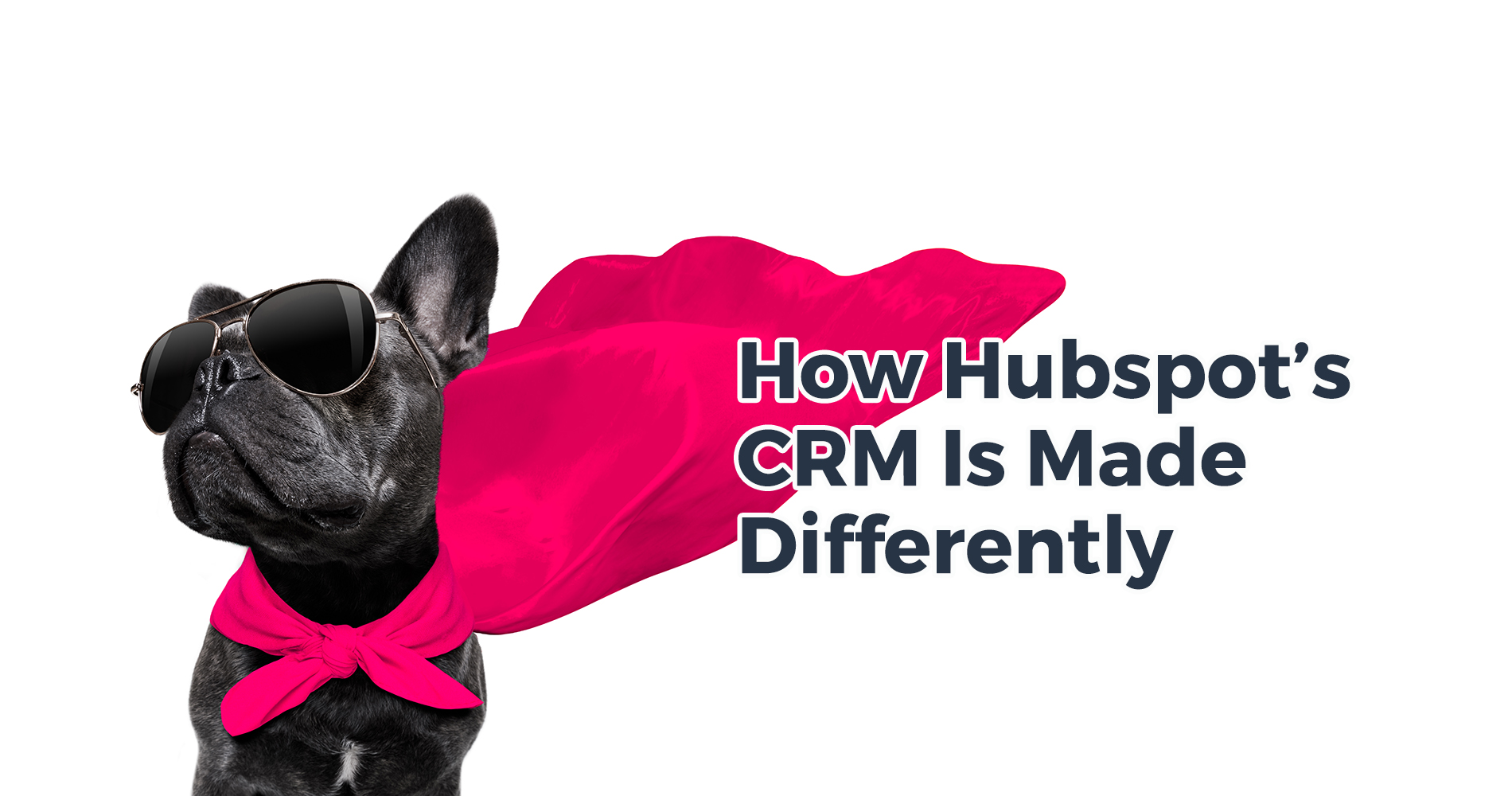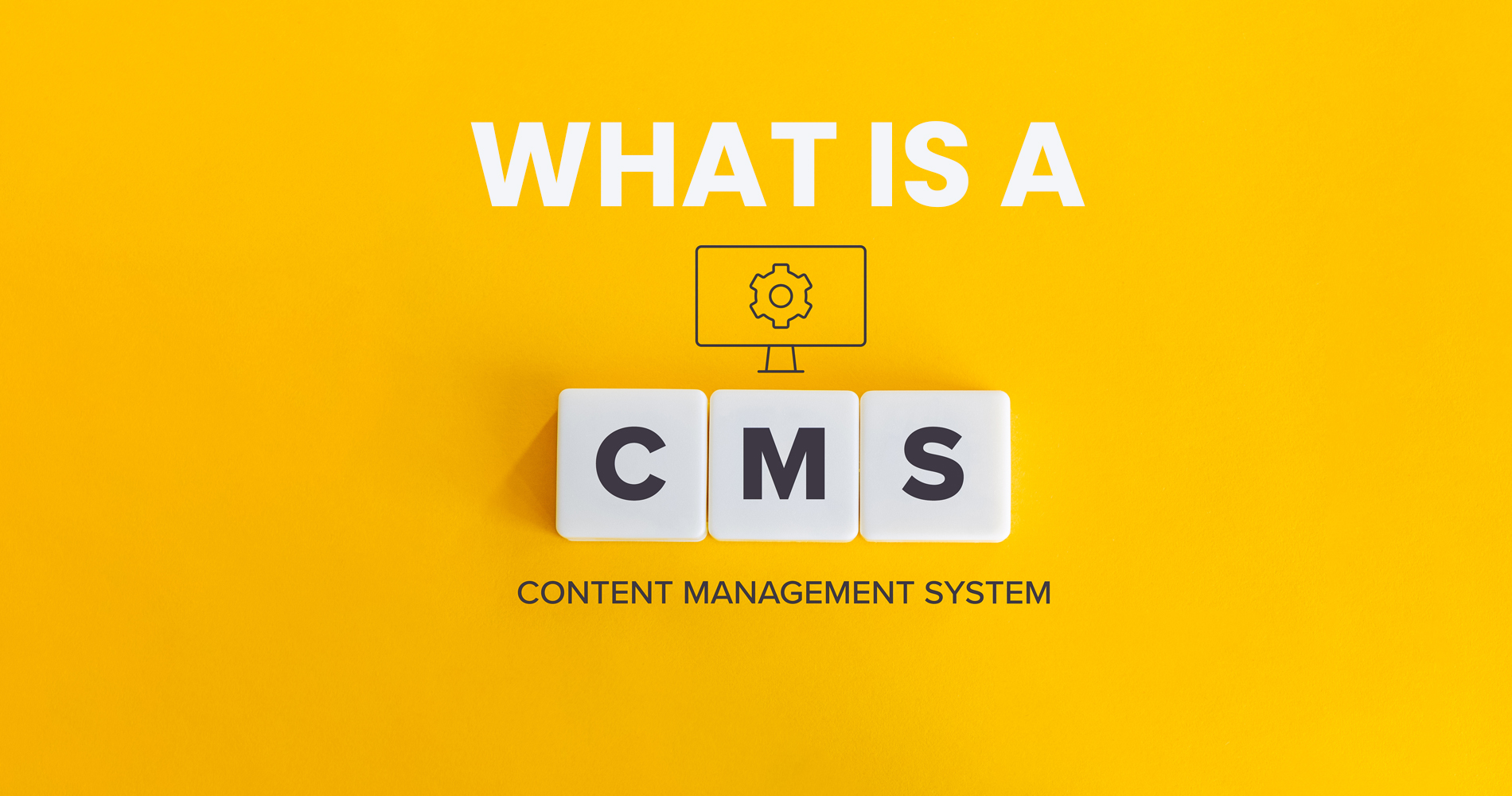Integrated or crafted. These are two worlds evolving in the marketing technology space at the moment. In the one, software companies like Salesforce grow by acquiring leading apps like Slack and 'bolt' them on or integrate them to the existing tech stack. Makes a lot of sense, and some businesses have build a lot of success this way.
HubSpot on the other hand are building features that are needed by its customers 'in' the platform itself.
In practice, a 'Frankenspot' system as HubSpot calls it, can be complex and difficult to engineer, requiring specialist Dev and other resource to design build employ and keep going. HubSpot on the other hand is both powerful and easy to use.
HubSpot puts the customers experience first at all times, and so build things that work, that will be familiar to users and look exactly the same as everything else in the platform.
There are pros and cons to both approaches clearly. But you can see one of the major pro's when looking at the new HubSpot CMS Hub. The HubSpot CMS was build for the Marketers that use HubSpot - another example of the company crafting solutions onto the first rate platform in response to uncovered customer requirements.
What is a CMS?
A CMS, or Content Management System, is the thing that allows us to 'build' websites. Some, such as Wix, are really simple and designed to be easy to use and to get you up and running very very quickly. They are typically low cost to get going too, a big deal if you are starting out. Downside? They lack flexibility and functionality. You find it easy to get online with a website like that, but you'll find it difficult to add more complex things for your customers to use, or to optimise it for search.
At the other end of the scale are enterprise platforms like Sitecore that offer super powerful websites that deliver highly complex functionality at the highest levels of security. Downside - if you can call it that, is that they are harder to use for the ordinary marketer or sales person needing specialist support, and given how powerful they are can cost a pretty penny too. They aren't meant for the middle ground.
Up until now, the go to CMS for people who want more power and flexibility is usually Wordpress. Wordpress IS the internet in many senses with something between 30 and 60% (depending on who you listen to) of all sites build on it. Wordpress offers a highly customisable platform thats still relatively easy to use and can be supercharged to high levels of functionality too.
Downside is relative complexity - it maybe easier to outsource your website development, meaning delays for even small seeming changes for some, and you'll certainly need to outsource your hosting.
Unless you have specialist knowledge of the risks out there, Wordpress can be a scary place too. As its so big and ubiquitous, there are regular and serious attacks aimed at it designed to get into your site and do unmentionable things to your data.
Enter HubSpot CMS
The HubSpot CMS, or website platform is designed specifically for marketers with easy to use drag and drop editors, themes and modules and powerful SEO planning tools built in. Pages are extremely easy and quick to build. And given you are in the HubSpot environment it is automatically integrated with everything else you are doing. Your CRM, your reporting, social media management, website forms, Calls to Action and so on.
Creating an online campaign with ads, specific landing pages, CTAs and website forms, automatically sending lead nurturing emails and updating CRM records, all branded and ready to go as soon as you hit publish is very empowering. This makes for blissful marketers who can relax and be more creative, more data centric and ultimately more successful as the process is so smooth from beginning to end.
Downside? On the face of it, the HubSpot CMS is more expensive that a Wordpress type website with a monthly subscription added to the cost of building your site.
If You Look A Little Closer
On the other hand, much of the functionality you would have to shell out extra for on your WordPress site comes as part of the HubSpot subscription. Hosting, security, updates, threat detection and more is already there, and carried out by HubSpot themselves. The peace of mind, and time saved by having this happen is not to be sniffed it. Having no more additional maintenance costs also sweetens the pill.
And the HubSpot CMS also has a ton of powerful functionality also built in, meaning you can avoid adding on more and more plugins which each need their own updates and maintenance. You'll have, depending on the subscription level you chose, access to serverless functions, membership and personalisation features and dynamic content.
As you'd expect, we are fully qualified to build your HubSpot CMS based website, and integrate it properly with your HubSpot CRM, sales, marketing and customer service tools too. And if this article has tickled your fancy at all, get in touch for a free demo of the CMS platform and see how it works for yourself!






